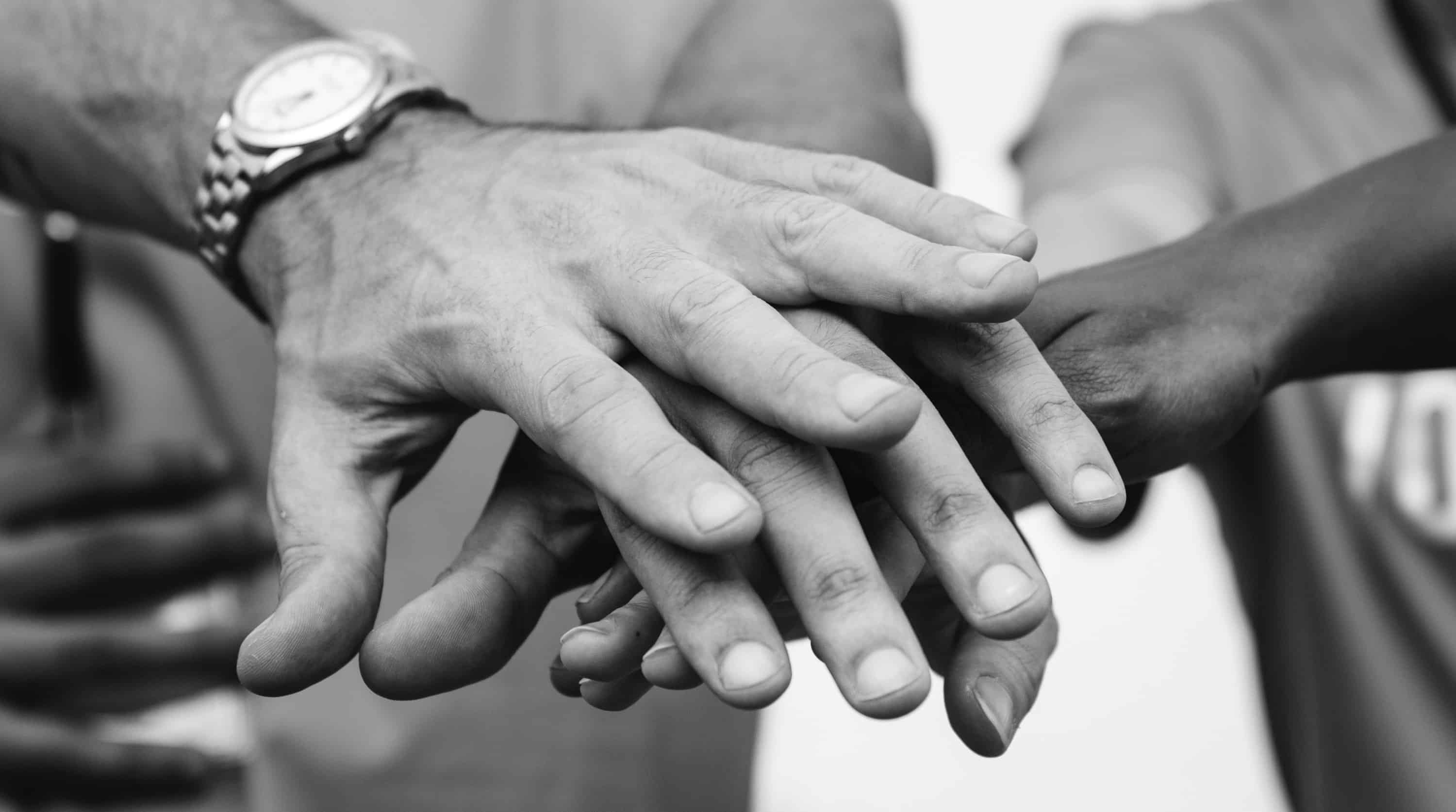While it feels daunting to think about what’s involved in an intervention, remember the possible rewards for your loved one far outweigh your fears. We asked family members and people in long term recovery to share some thoughts based on their own experience.

WHAT TO EXPECT:
- Over-prepare for the intervention, exploring any possible branches for how it could unfold. Hopefully it will be easy, but you should be prepared for it to be difficult and emotional.
- Holding the space in your heart for your loved one in a non-judgmental way can be difficult when there have been past hurts, broken trust and lies. Be aware of your own emotions and process as their loved one. Understand that your loved one is probably experiencing intense shame and guilt.
- Points to make during and after:
- We know you are very angry at us for this – we are doing this because we love you. We would rather step on your toes than step on your grave.
- We cannot even imagine the pain or struggle you may be going through, but we don’t want to lose you or have you die from this disease. (Note: Validating their pain and struggle is important before harshly revealing the consequences.)
- We know this is a disease, not a moral failure . . . you should eliminate shame or guilt as a factor and work on your recovery.
- We will support you non-judgmentally all the way (it is very important to approach your loved one with an abundance of compassion, and actions speak as loudly as words).
- Be ready for the possibility that more than one intervention session may be needed before your loved one will agree to enter treatment.
- The person who is the subject of the intervention will largely understand that their lifestyle needs to change, but he or she will likely claim that the problem is not as bad as you think it is, that they can handle it themselves, and that they do not need your help.
- The person will likely tell you this is the worst mistake you’ll ever make, and that it will alter your relationship forever. You need to be ready to tell them that their safety is the most important thing . . . and that a healthy relationship means doing what is necessary to save their life. Be prepared for statements made out of anger. You can show compassion and love while being firm and creating boundaries.
Next: After An Intervention


